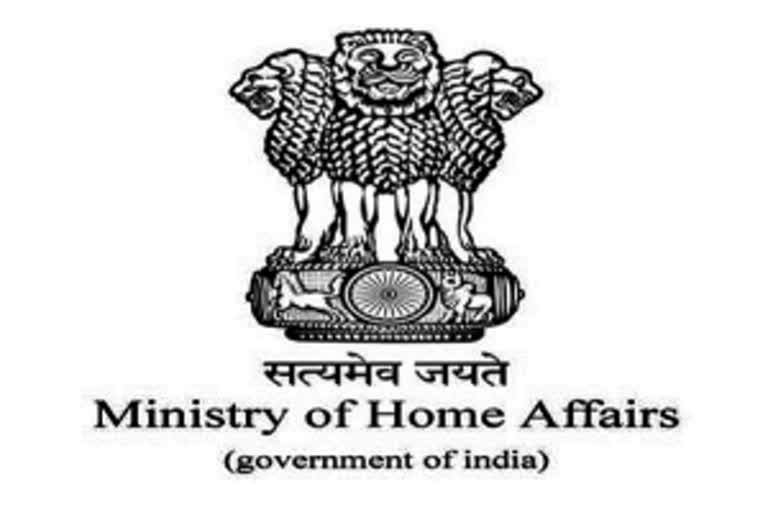New Delhi: As part of the government’s policy of zero tolerance for crime and in an endeavour to fast track the dispensation of justice, the Ministry of Home Affairs (MHA) has issued revised guidelines for mutual legal assistance in criminal matters.
According to an official statement issued by the Ministry of Home Affairs, India has entered into Mutual Legal Assistance treaties with 42 countries and is a signatory to various international conventions.
The revised guidelines provide step-by-step guidance to the investigation agencies for drafting and processing letters rogatory or mutual legal assistance requests and service of summons, notices & other Judicial documents.
"By incorporating various legal and technological developments in the recent years, it aims to make the documentation in this regard more precise and focused as well as compliant with international requirements," said the home ministry.
Read: Delhi court denies CBI custodial interrogation of DRI officer in bribery case
A home ministry official said, "As an initiative, the revised guidelines have provision for service of documents on authorities of foreign country preferably within 10 days of receipt of a request in respect of offences committed against women and children."
In order to streamline the process of rendering and seeking such assistance, the MHA had issued guidelines regarding investigation abroad, the issue of Letters Rogatory in 2007 and regarding service of summons, notices or judicial process on the persons residing abroad in 2009.
Over the decade, there have been substantial changes in international cooperation based on new legislations, regulations and conventions and amendment in procedural laws all over the world including India.
"These changes necessitated the need for comprehensive review of existing guidelines to keep them abreast of the modern era requirements, said MHA statement.
Mutual Legal Assistance is a mechanism whereby countries cooperate with one another in order to provide and obtain formal assistance in prevention, suppression, investigation and prosecution of crime to ensure that the criminals do not escape or sabotage the due process of law for want of evidence available in different countries.
Also Read: Jaipur court orders inquiry into Dara Singh 'fake' encounter case



